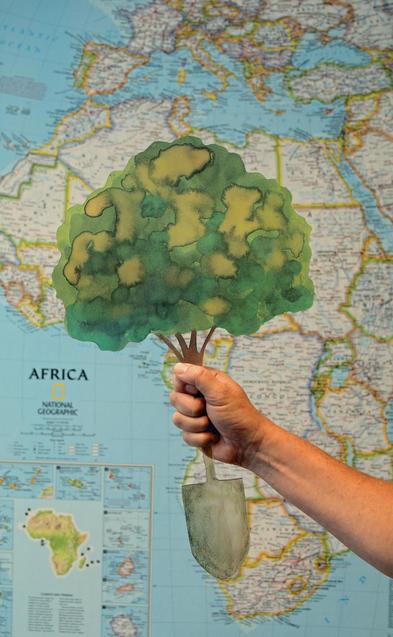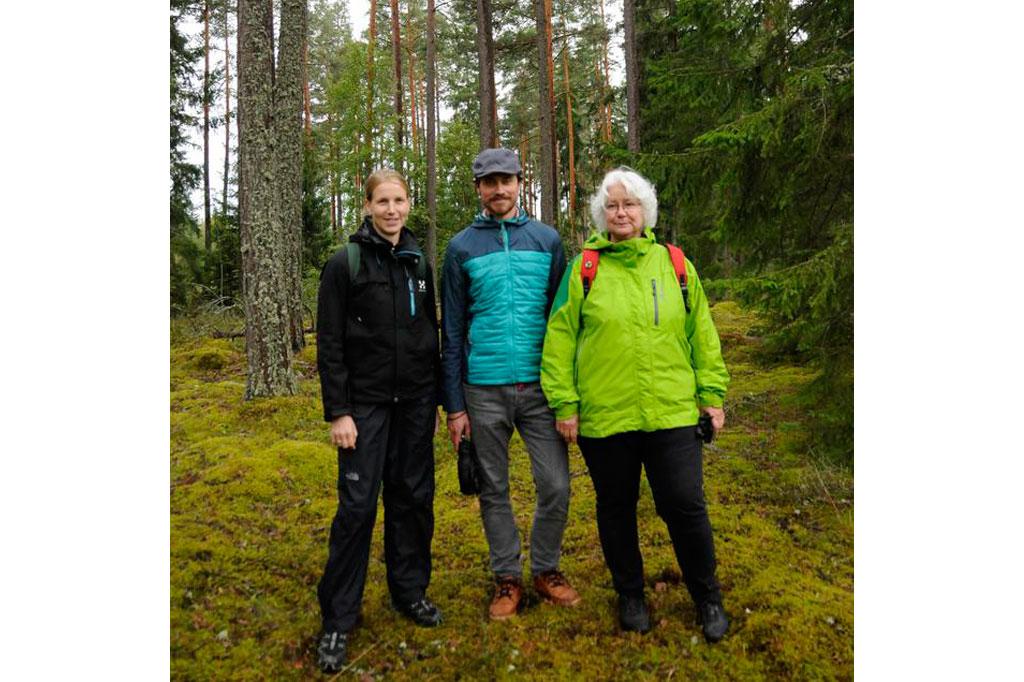STOCKHOLM—Swedes are responsible for 53 million tons of carbon dioxide emissions a year - through their savings. This is the finding of a new report commissioned by the World Wildlife Fund for Nature (WWF). This almost equals Sweden’s actual emissions, of 55.7 million tons in 2013.
The report, compiled by the consultancy firm PwC, says that Swedes have invested 370 billion kronor (about €40 billion) in the energy sector through banks, investment funds and insurance companies.
“For the last couple of years, there has been a lively discussion about the fact that pension funds, among others, own more fossil reserves than we can burn if we want to avoid catastrophic climate change and stay below two degrees of global warming,” Magnus Emfel of WWF said, one of the report’s authors. “This paradox – that we own assets we can’t actually use, – is called the ‘carbon bubble’. We have looked at how much of the carbon bubble is owned through Swedish savings.”
Carbon dioxide emissions keep increasing due to non-sustainable investments in fossil fuels. Different investment patterns will be necessary in order to reduce emissions. This means that the financial sector needs to make their investments sustainable, and savers need to start making demands.
It is not so easy to make the right choices as a saver, however, as information is lacking about how much carbon dioxide or fossil fuel a particular fund contains.
“Few funds have looked at this, and those who have say that they don’t want to publish the results for fear of looking less responsible than the competition,” Magnus Emfel said. “Also, there are no formal demands from the parliament, government, or financial authorities that insurance companies should openly declare their climate footprint.”
In order to stay below two degrees of global warming, we need to keep our personal carbon dioxide emissions below 80 tons for our entire lifespan. Currently, the report shows that Swedes will release 490 tons per person through their savings alone.
According to Stefan Henningson, climate expert at WWF, Swedish funds with a focus on Russia are the most damaging in this regard, followed by the US and the EU.
“In order to make it easier for private savers to make smarter investments, from a climate perspective, we have compiled two lists, one with funds that invest in these companies and one with funds that don’t,” he said.
Today, 250 out of 501 Swedish investment funds own stocks in at least one of the most carbon dioxide intensive companies in the world.
Magnus Emfel hopes that financial actors will eventually realize the need for shedding their stocks in coal, oil, and gas and instead invest in renewable energy or increased efficiency.
“In the long run, it will become increasingly obvious that fossil energy is not only a bad investment, but it also has a negative impact on other sectors for global investors, like fishing, agriculture, food, and real estate,” he said.
The problem is that the report’s result may have come too late. According to the International Energy Agency (IEA), 2017 is the year when the use of fossil fuels must have decreased, and the use of renewable fuels must have increased.
“Investments in renewable energy are increasing rapidly but from a low level, while investments in fossil fuels keep increasing from an already very high level,” Emfel explained.
Legislators, the financial sector, and private savers need to cooperate in order to turn this great money tide that drives climate change.
“Today, no political or financial official seems to have an answer on how to adapt the savings of banks, investment funds, and insurance companies to the message of climate science,” Emfel said. “Moving capital is not rocket science, however; that’s what financial actors do all day. There is no lack of need for capital from companies working on the energy solutions of the future. What’s lacking is proper insight and will,” he added.



